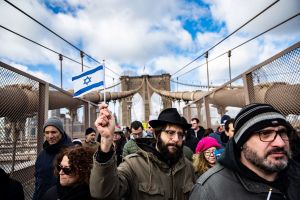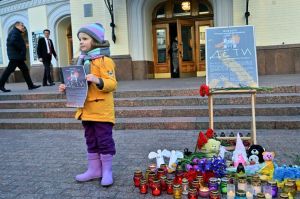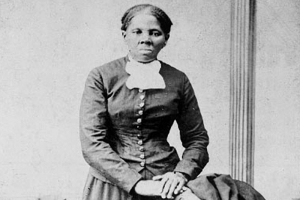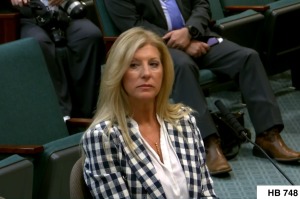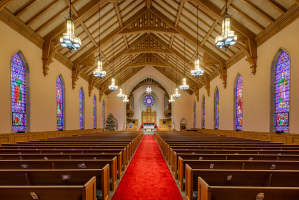Former African slave criticizes Black Lives Matter, says ‘slavery still exists in Africa today’
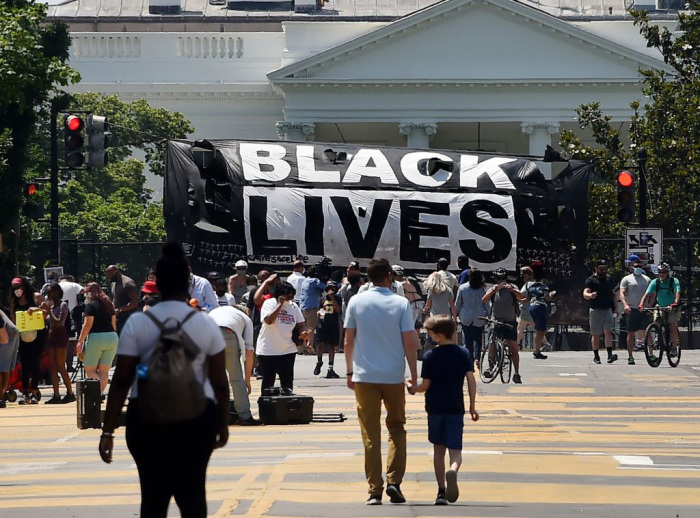
A former African slave said that Black Lives Matter and critical race theory advocates do not understand what is happening in Africa, where more than 9.2 million people "are still in captivity in slavery."
"I believe Black Lives Matter does not understand what is going on in Africa. They don't know what is going on around the world," Bol Gai Deng, a former slave and South Sudanese presidential candidate, said during an interview with CBN News.
"They need to understand that slavery still exists in Africa today. … More than 9.2 million [people] are still in captivity in slavery," he said.
Deng shared that in 1987, Sudanese government-backed Mujahadeen raiders kidnapped him, burned down his village and made him a slave. Deng recalled how he — at age 7 — and more than 700 other captured children were forced to walk 250 miles from their homes through jungles.
"I was beat up, I was told what to do, and sometimes they used to put chains on my legs to the point where I would become so disciplined to my master," he recalled.
After escaping captivity three years later, Deng went to Khartoum, where a Catholic charity helped him. Following a later move to Egypt, the U.S. offered him asylum.
Deng contends that in Libya, women are being sold into slavery for as little as $400.
"A woman is being sold for $400 in a market in Libya right now," he said.
He argued that Black Lives Matter activists "need to listen to people with my background."
In the U.S., there has been much debate nationally and locally on critical race theory, a theory embraced by many social justice advocates and opposed by those who feel it exaggerates the state of race relations in America today.
Encyclopedia Brittanica defines critical race theory, which is tied to the Marxist discipline of critical theory, as an "intellectual and social movement and loosely organized framework of legal analysis based on the premise that race is not a natural, biologically grounded feature of physically distinct subgroups of human beings but a socially constructed (culturally invented) category that is used to oppress and exploit people of colour."
Adherents of the theory believe that "racism is inherent in the law and legal institutions of the United States insofar as they function to create and maintain social, economic, and political inequalities between whites and nonwhites, especially African Americans."
Deng suggested that those who focus on America's past slavery and racism should also look at the opportunities and freedom the country provides in the present.
"In fact," he said, "the United States is the only country in the world that can give the slave freedom to become a congresswoman. You cannot find that in the world except in the United States of America."
In addition to raising questions about the accuracy of its assessment of the U.S., opponents of critical race theory have alleged that its premises directly contradict the teachings of Christianity.
In August, an activist who spent over two decades advocating for critical race theory shared how she grew to believe that its theoretical framework was incompatible with Christian teachings.
During a livestream event sponsored by Southern Evangelical Seminary in North Carolina, Monique Duson, who co-founded The Center for Biblical Unity, attributed her abandonment of her "secular frameworks" to a conversation with theologian Krista Bontrager.
She noted that although the people she knew growing up did not use the term "critical race theory," "everyone used some of the same terms or some of the same phrases."
They sympathized with the allegations that racism was pervasive, that whites do not change their views on a race-related issue until it directly benefits them and that "white privilege" informs every aspect of American society.
Duson encouraged her audience to urge those who subscribe to critical race theory, especially any Christian friends sympathetic to the worldview, "to truly get into the Word of God to understand truly what it means."
















